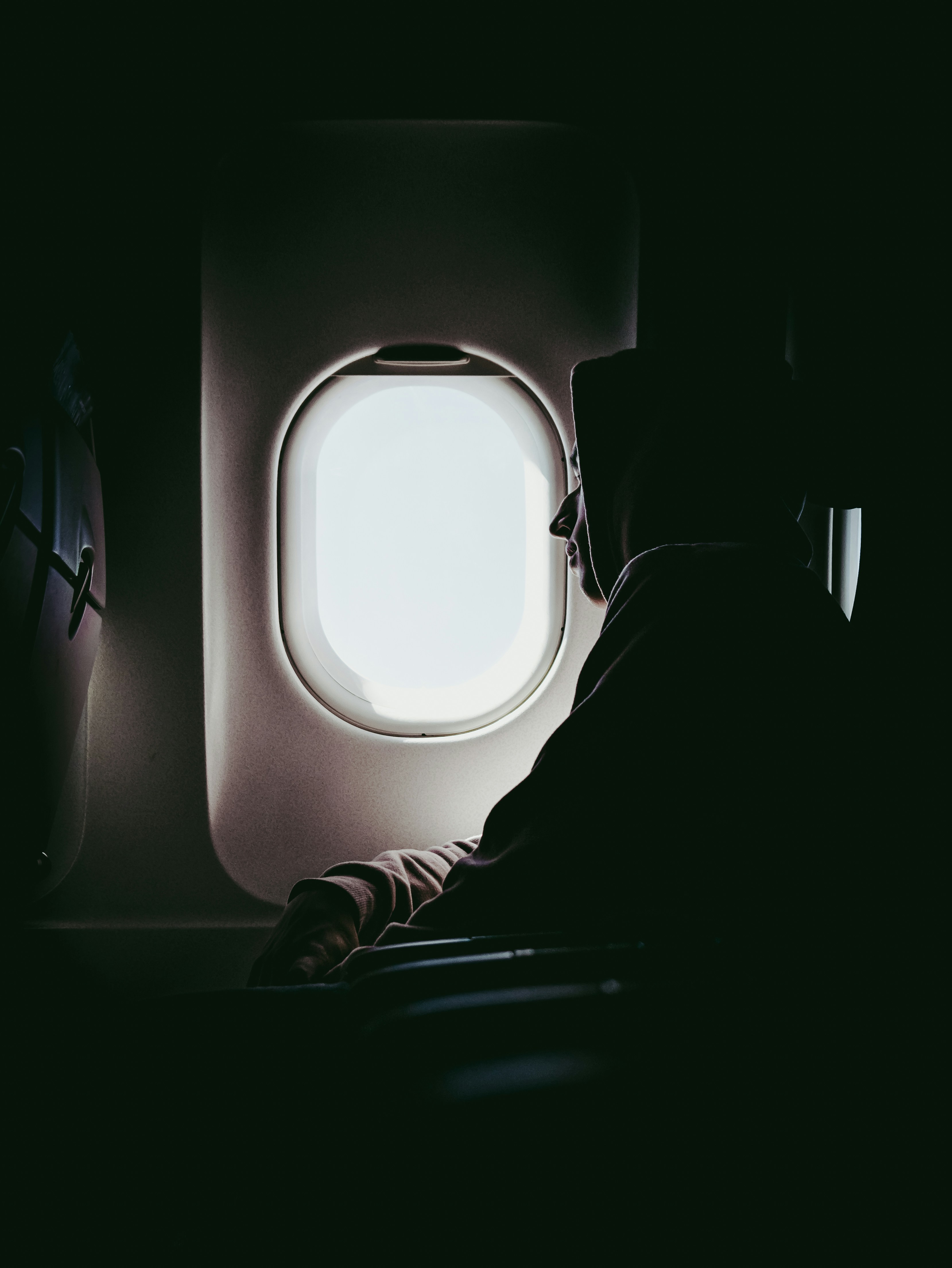
Introduction
Traveling to a new destination is an exciting experience, but dealing with jet lag can put a damper on your adventure. The disruption to your body’s internal clock can leave you feeling fatigued, disoriented, and struggling to adjust to a new timezone. However, with a few simple strategies, you can minimize the impact of jet lag and make the most of your time in a new place. In this blog post, we will explore some effective ways to deal with jet lag and help you adjust to a new timezone.
1. Gradually Adjust Your Sleep Schedule
One of the most effective ways to combat jet lag is to gradually adjust your sleep schedule before you travel. Start by going to bed and waking up slightly earlier or later, depending on the direction of your travel. This will help your body slowly adapt to the new timezone and reduce the shock of sudden changes in sleep patterns.
2. Stay Hydrated
Dehydration can worsen the symptoms of jet lag, so it’s important to stay hydrated before, during, and after your flight. Drink plenty of water and avoid excessive consumption of alcohol and caffeine, as they can dehydrate your body. Hydrating properly will help you feel more energized and aid in adjusting to a new timezone.
3. Get Natural Sunlight
Exposure to natural sunlight can help reset your internal clock and regulate your sleep-wake cycle. Spend time outdoors during daylight hours in your new destination to help your body adjust to the local time. If sunlight is limited, consider using a light therapy box, which mimics natural light and can help regulate your circadian rhythm.
4. Avoid Napping
While it may be tempting to take a nap after a long flight, it can disrupt your sleep schedule and make it harder to adjust to the new timezone. Instead, try to stay awake until the local bedtime, and if you feel tired during the day, engage in light physical activity or take a short walk to boost your energy levels.
5. Follow the Local Schedule
As soon as you arrive at your destination, try to adapt to the local schedule. Eat meals at the appropriate times and engage in activities that align with the local time. This will help your body adjust more quickly to the new timezone and reduce the effects of jet lag.
6. Consider Melatonin
Melatonin is a hormone that regulates sleep-wake cycles. Taking melatonin supplements can help you adjust to a new timezone by signaling to your body that it’s time to sleep. However, it’s important to consult with a healthcare professional before taking any supplements, as they may interact with other medications or have side effects.
7. Take Care of Yourself
Jet lag can take a toll on your body, so it’s essential to prioritize self-care during this time. Get plenty of rest, eat nutritious meals, and engage in light exercise to boost your energy levels. Taking care of yourself will not only help you adjust to the new timezone but also enhance your overall travel experience.
Conclusion
Dealing with jet lag can be challenging, but with the right strategies, you can minimize its impact and adjust to a new timezone more easily. Gradually adjusting your sleep schedule, staying hydrated, getting natural sunlight, avoiding napping, following the local schedule, considering melatonin, and taking care of yourself are all effective ways to combat jet lag. By implementing these tips, you can make the most of your travels and enjoy your new destination to the fullest.



